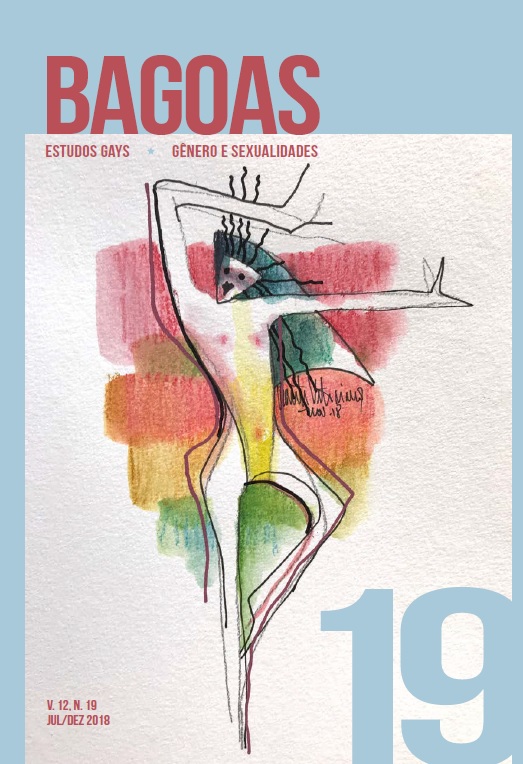Differences and (in)equalities
Abstract
This article examines the way in which girls, numerically a minority in
the “male” (technological and professional) courses offered by French
vocational schools, perceive their teachers’ attitudes towards mixed
groups and/or classes. From these perceptions and my observations, I
analyze how these attitudes can be influential in the (re-) production or
the questioning of the gender order within these school spaces. Three
BAGOAS n. 19 | 2018 | p. 90-126 92
types of mixed group/class management, as well as attitudes of teachers
were identified. The first is characterized by producing differences,
through a concomitant rejection of the girls, and thus creating explicit
inequalities. The second is marked by the fabrication of distinctions,
overvaluing the feminine and reproducing inequalities without problematizing
them. Lastly, the third does not act upon differences, however
consists of a subdivision: the ‘progressives’ and the ‘reflexive egalitarians.’
These forms of management help to modulate the influence of gender
in the observed situations. Considering that the demands of girls’ access
to industrial courses are accepted by the bulk of teachers, and that the
latter’s statements in favor of them are often sincere, evokes attention
to the lacking ease of putting this discourse of equality into practice.
This finding is due to the notable fact that girls and boys are very often
considered fundamentally different.
Keywords: gender; teachers; professional education; “male” courses; equality.


 English
English Español (España)
Español (España) Português (Brasil)
Português (Brasil)

